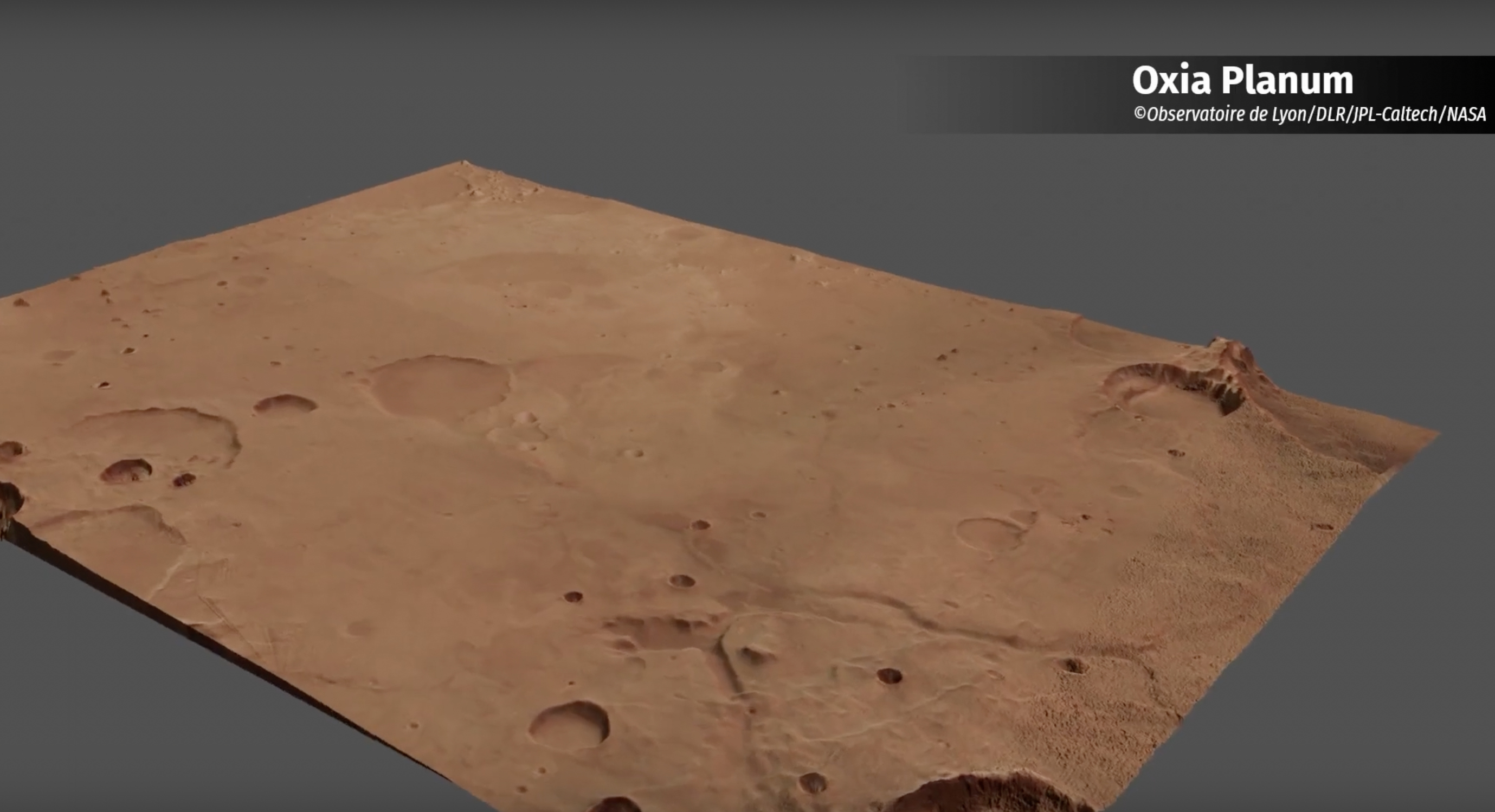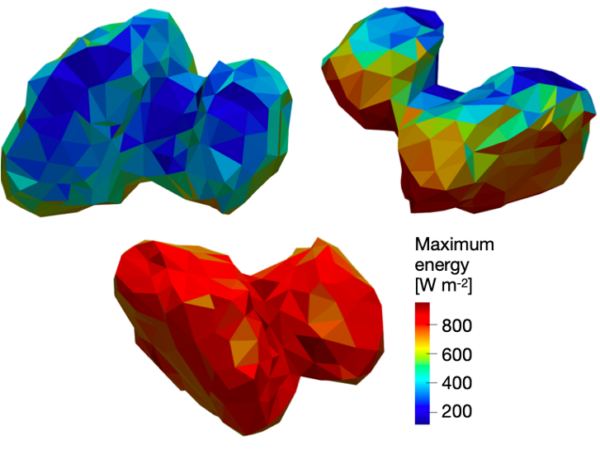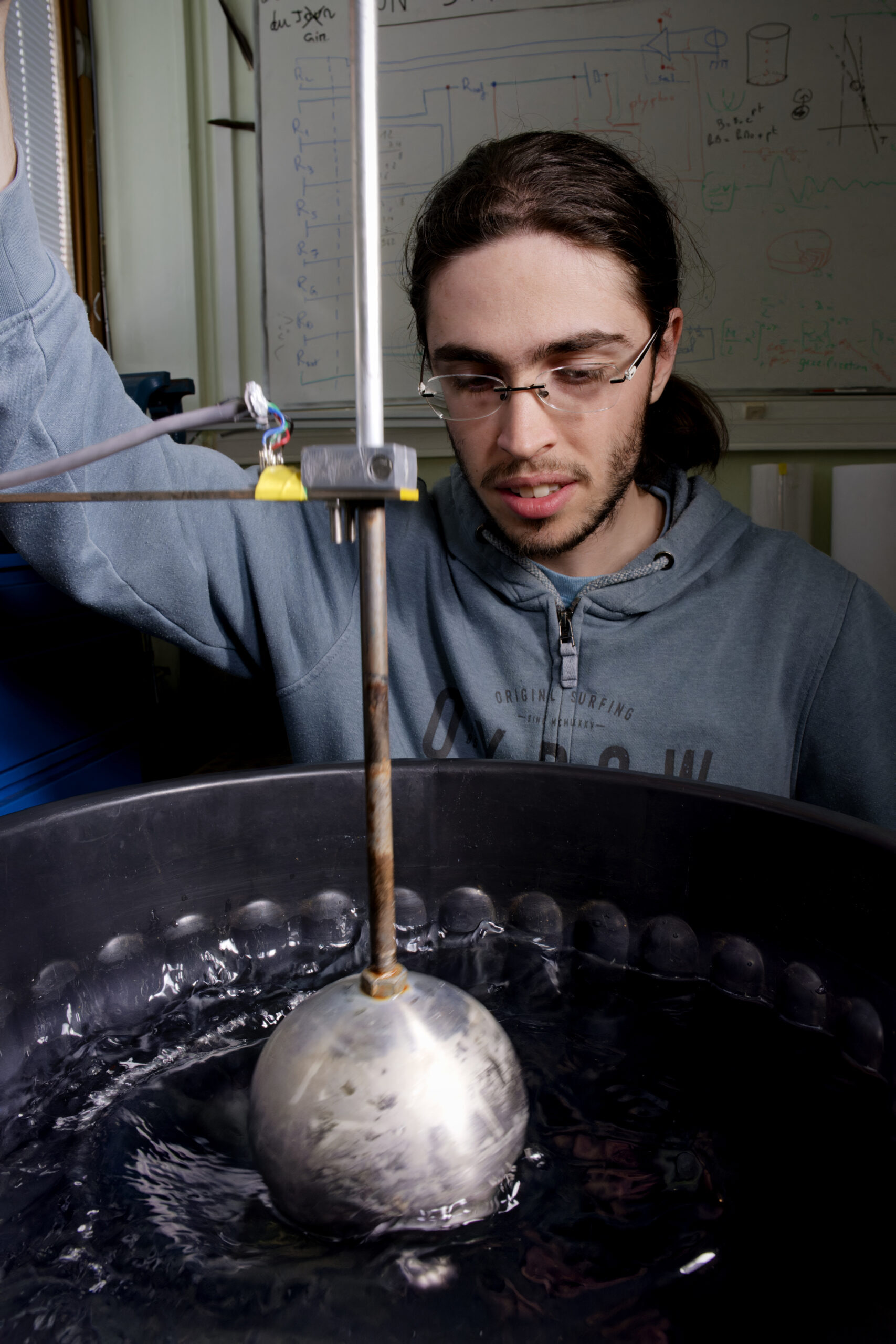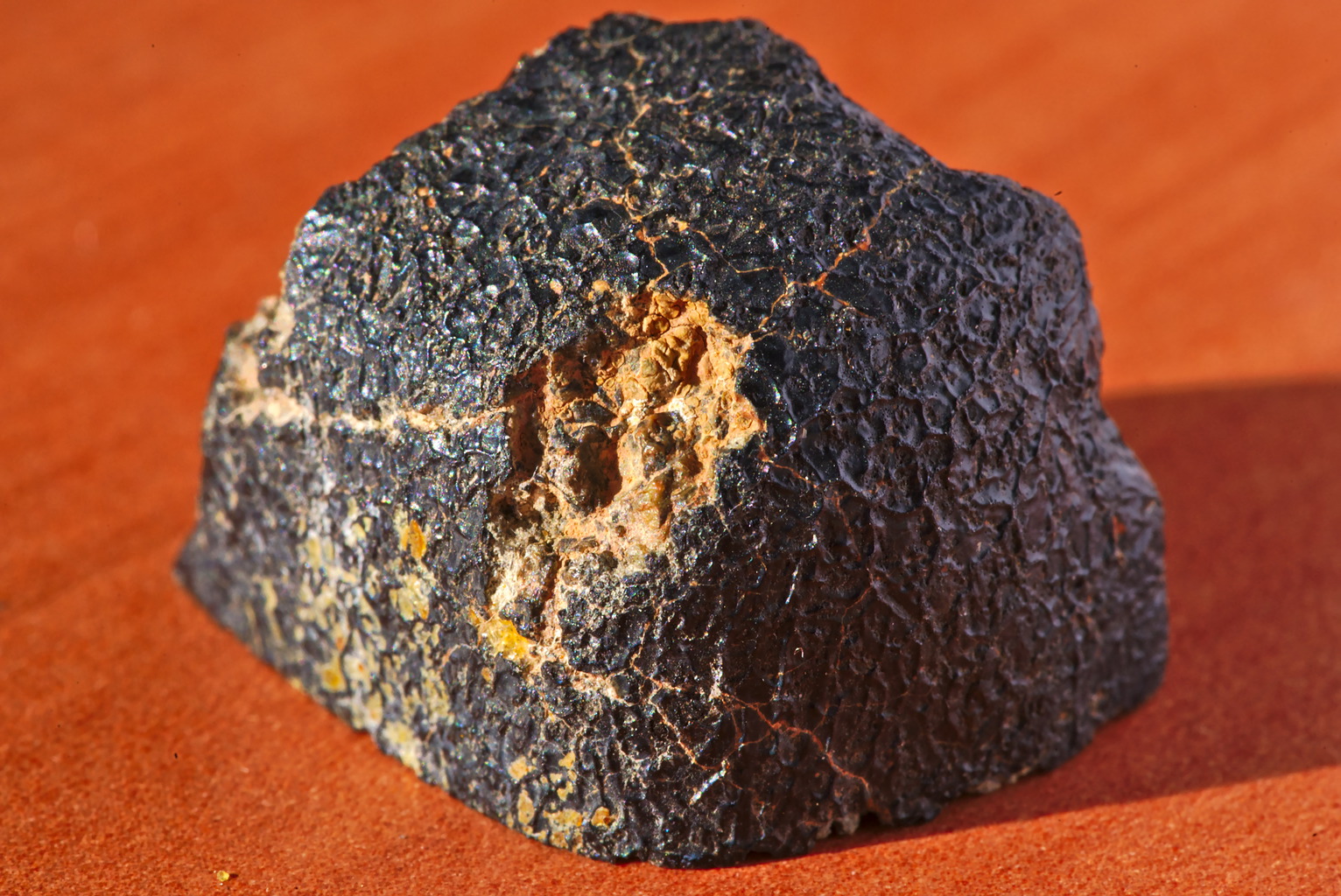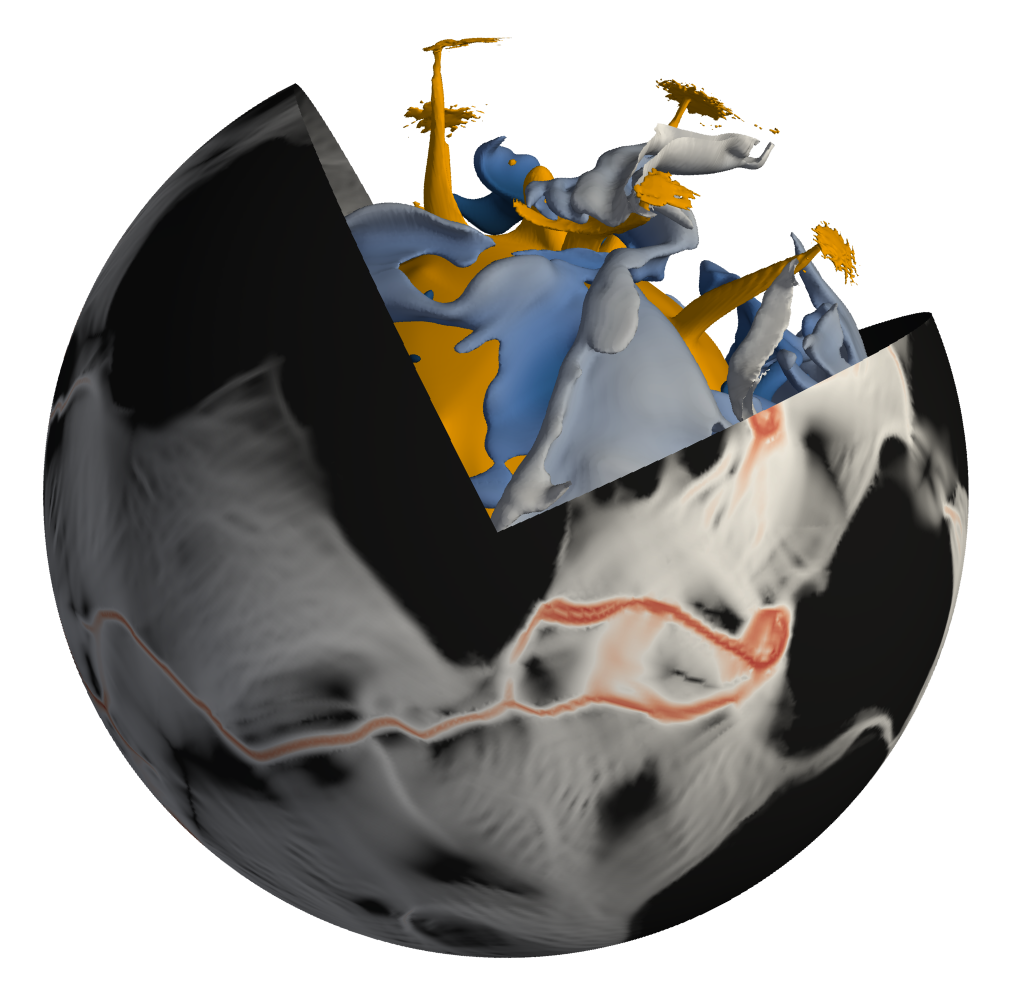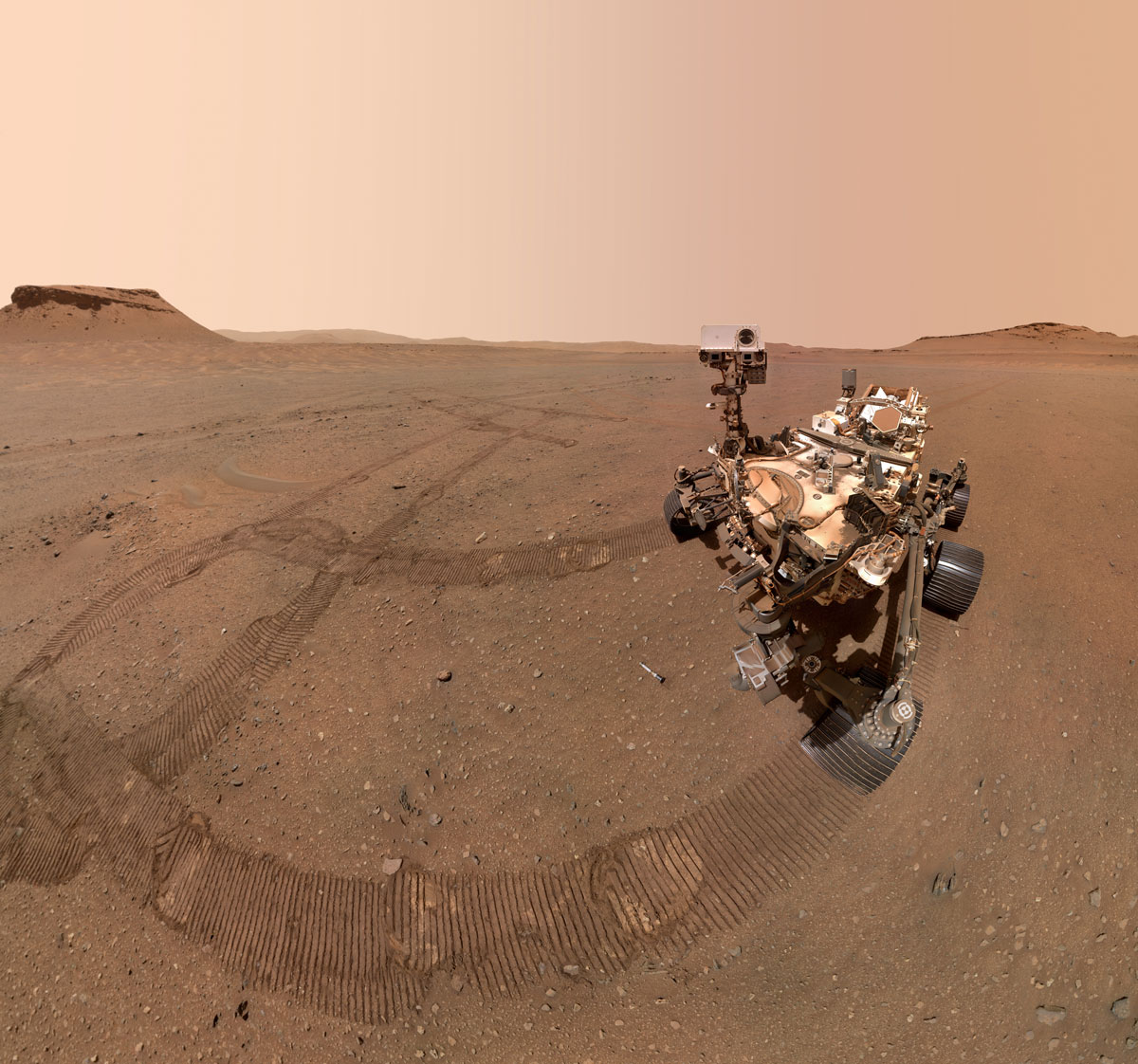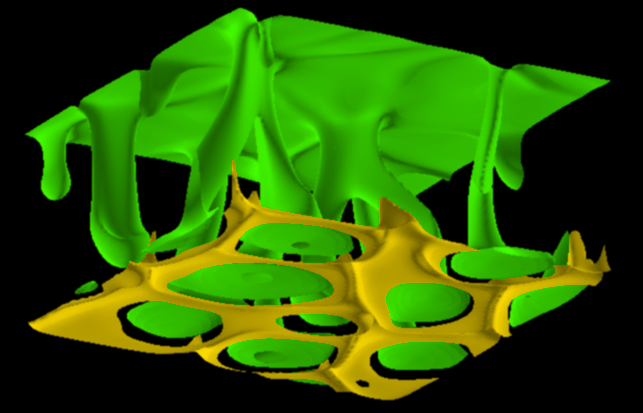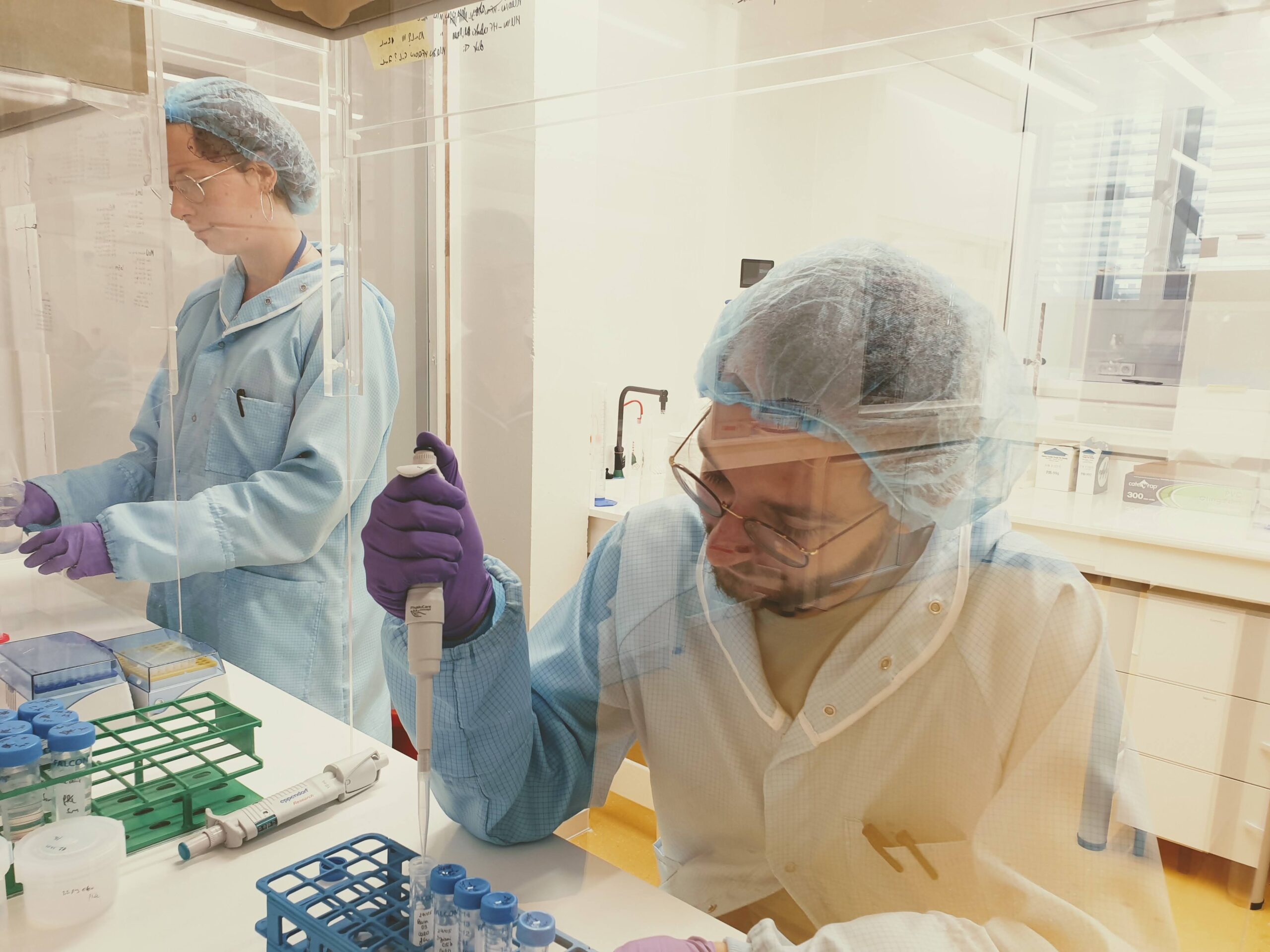Earth and Planets
Coordinator : Bernard Bourdon
Email address : bernard.bourdon@ens-lyon.fr
Research themes:
- Cosmochemistry, Primitive Earth
- Internal Geodynamics
- Seismology and mineralogy
- Planetary surfaces and dynamics
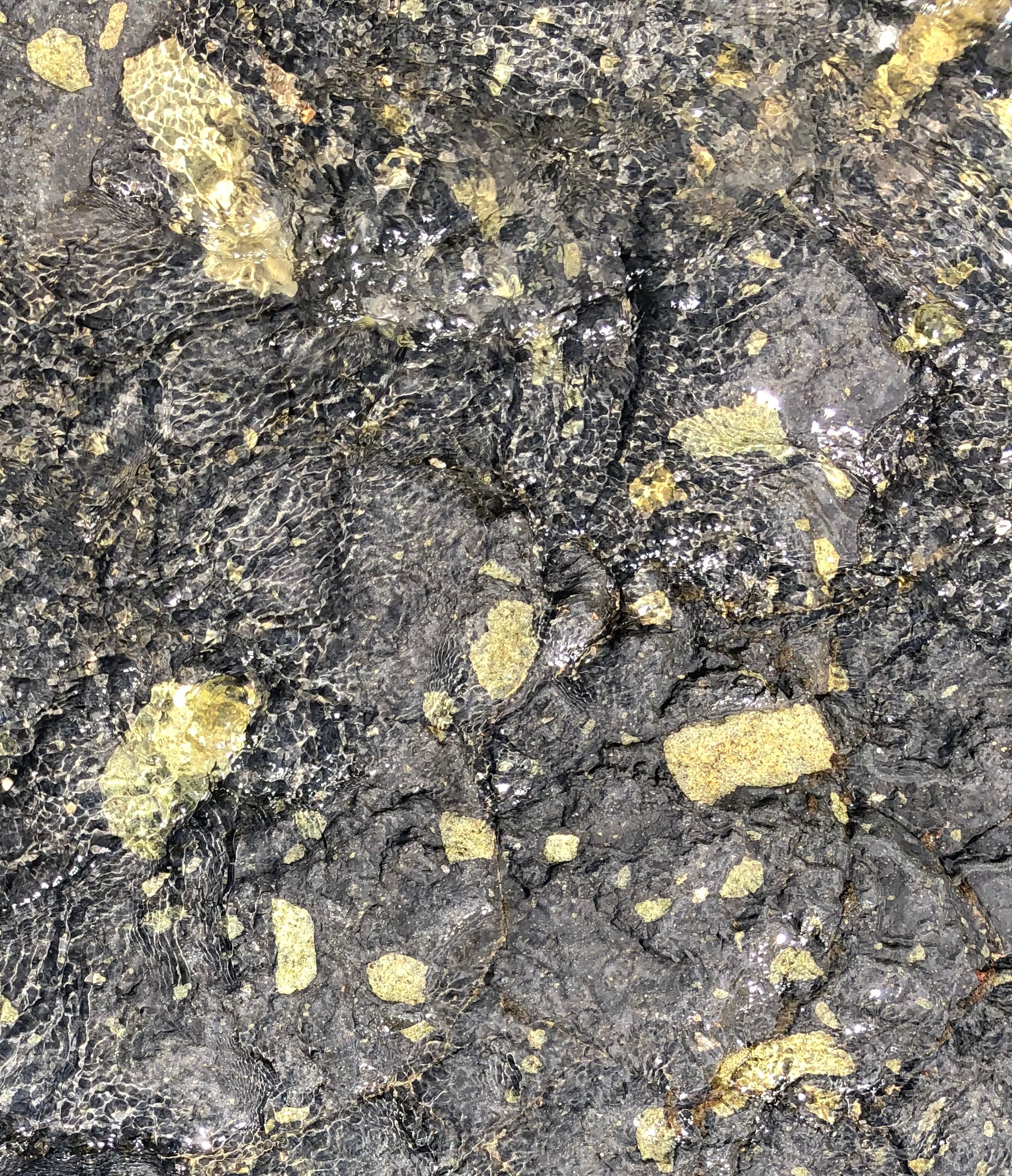
Description :
The aim of our research is to retrace the history of the Earth and the planets and small bodies of the Solar System and to understand the internal processes that drive them. This theme combines various methods of approach ranging from seismology, fluid dynamics, mineralogy, spectroscopy and geochemistry (cosmochemistry) as well as numerous numerical methods. The objects of study range from planet Earth, the Moon, Mars and asteroids to ice satellites, comets and extrasolar planets.
We study the internal movements (including earthquakes), structure, convection movements within the different envelopes, thermal evolution, accretion, magmatism, crust differentiation and core formation in these objects of varying sizes. Researchers in the theme participate in space missions such as Curiosity, Perseverance and Insight, and use observations of planetary bodies via the James Webb Space Telescope. The Earth and Planets theme has hosted 9 ERC projects since 2011 and numerous projects funded by the ANR.
Key statistics during the period 2020-25:
Permanent staff
PhD students and Post-Docs
ERC projects since 2012
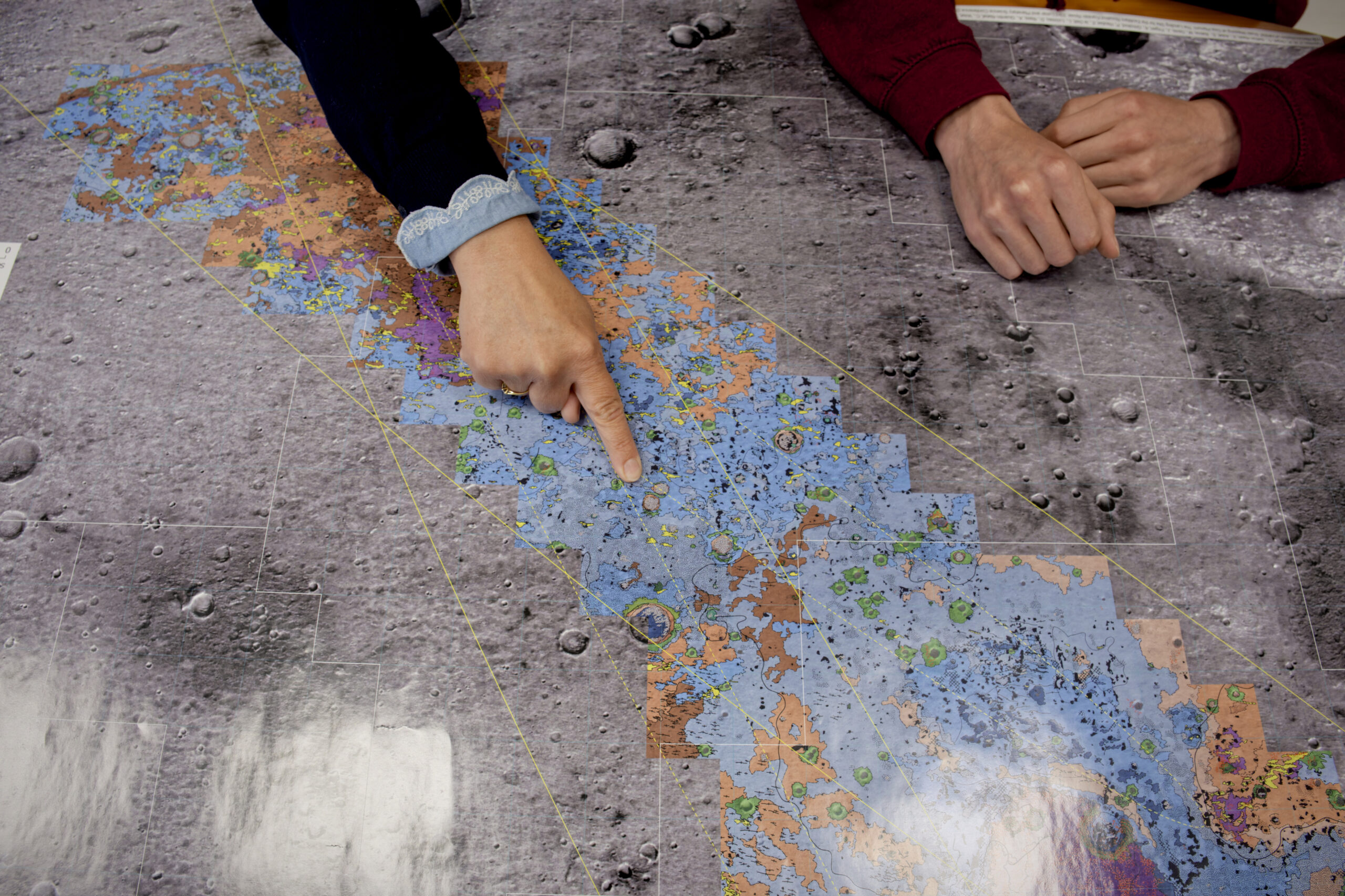
Research themes :
- Cosmochemistry, Primitive Earth
- Internal Geodynamics
- Seismology and mineralogy
- Planetary surfaces and dynamics
List of participants :
View all related news:
Geolunches :
Geolunches are Friday lunchtime seminars (12:30-13:30) usually held on the ENS site in building M8, in the meeting room on the 2nd floor.
We discuss geophysics, including tectonics, planetology, seismology, geodynamics and more.
Image opposite: Potential temperature field of convection models using different approximations. Figure taken from Ricard et al., 2022.
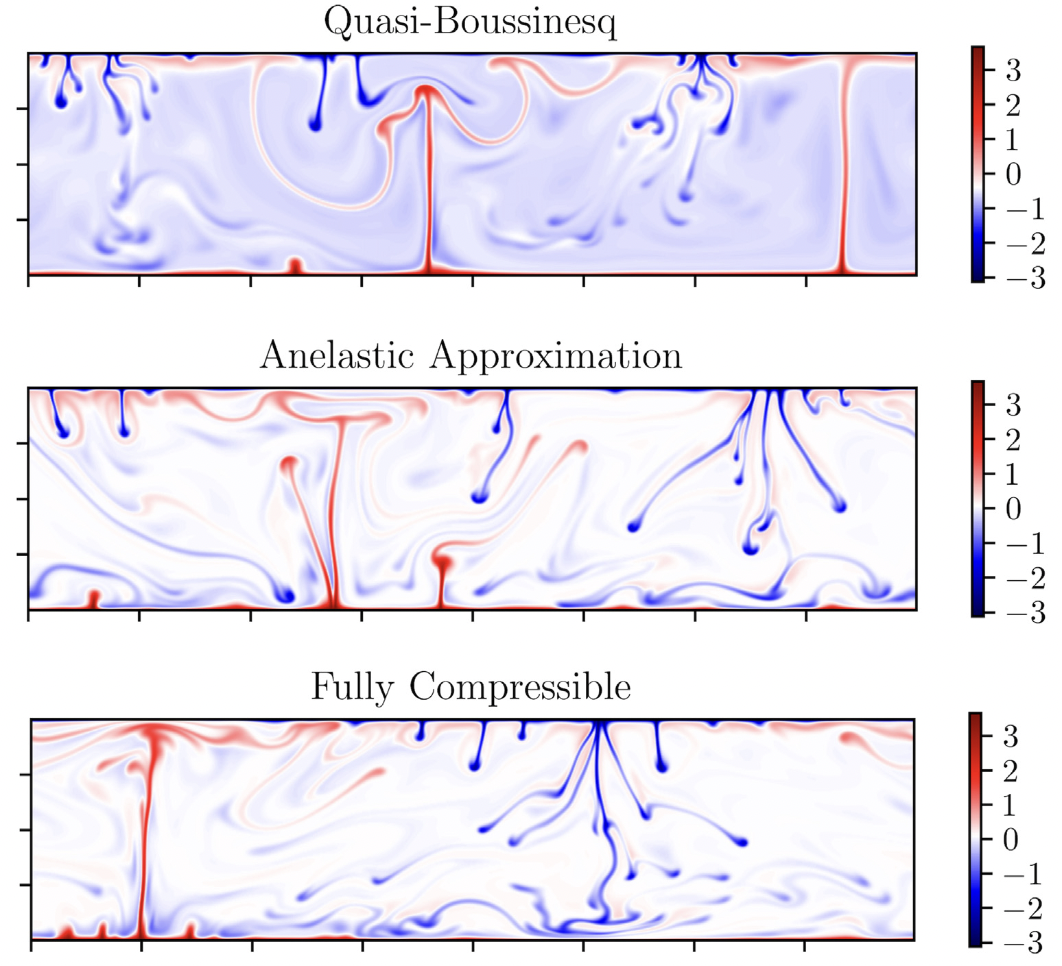
View the Oxia Planum site selected for the landing of the ExoMars mission
